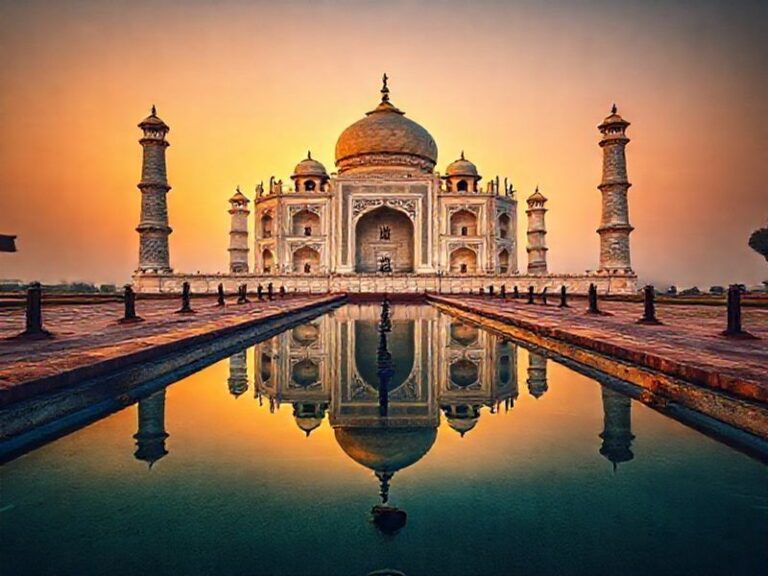DP World Tour: When Global Shipping, Golf, and Geopolitical Theater Share the Same Tee Box
DP World Tour: Shipping Magnates, Sand Traps, and the Curious Alchemy of Global Branding
By our correspondent, still jet-lagged in three time zones at once
Jumeirah, Dubai — If you squint past the sun-flared skyline, you can just make out the 18th green of the Earth course, where golf’s latest multinational caravan has pitched its striped tents. The DP World Tour—formerly the European Tour, formerly a polite garden party with occasional rain—has completed its metamorphosis into a floating emporium of sport, commerce, and geopolitical optics. Think of it as the PGA’s moodier cousin who read too much Rimbaud, discovered sovereign-wealth money, and now speaks fluent logistics.
The rebranding, sealed in 2022, sounded innocuous enough: slap a port-operator’s logo on the scoreboard, promise “global connectivity,” and keep the tee times. But “DP World” isn’t some boutique spa; it’s the maritime vertebrae of global capitalism, shuffling 10 percent of planet Earth’s container traffic through 82 terminals from Sokhna to Santos. When your title sponsor can single-handedly reroute Christmas, the narrative stops being about birdies and starts being about bill of lading. Suddenly every flop shot carries the faint whiff of supply-chain anxiety—will my Pro V1 arrive on time, or languish off Long Beach behind 47,000 bobble-head dolls?
Still, the players—mercifully free of cargo manifests—continue their perennial migration. This week they alight in Dubai, next week Singapore, then a quick hop to Japan where the prize money is denominated in yen but spiritually pegged to Saudi riyals. The schedule reads like a Bond villain’s layover diary: Qatar, South Africa, Korea, Kenya. One half expects the FedEx Cup to be replaced by a Frequent Freighter Miles ranking; finish top ten and you earn an extra axle on your container.
International significance? Look no further than the leaderboard’s passport stack. A Dane leads, chased by a South African, a Japanese, and a chap from Zimbabwe who learned the game on a cow-patched course where the “clubhouse” once doubled as a polling station. Golf’s old empire—Scotland, England, the green and pleasant—now supplies nostalgia, not hegemony. The Tour’s job is to keep the broadcast feed humming while the axis tilts eastward, toward ports where “water hazard” can mean an entire monsoon season.
And yet, for all the cosmopolitan bunting, the sport remains a movable Versailles: courtesy cars, crisp white tables, a caviar of paperwork for every visa. Journalists are handed media guides that explain DP World’s carbon-neutral pledge, printed on card thick enough to stop a bullet. Outside, 8,000-TEU vessels idle, burning bunker fuel the color of mortal sin. The irony drifts overhead like a wayward blimp—visible, unmentioned, sponsored.
Why should anyone beyond the fairway fringe care? Because the Tour is a tidy parable of how late-capitalist branding works: take something indifferent to borders (a 1.68-inch ball), wrap it in a conglomerate that literally moves borders (check DP World’s map of Dubai’s 2040 port expansion), and call the fusion “storytelling.” Voilà: sportswashing without the pressure washer. Fans receive a harmless Sunday drama; investors receive soft-power mulch in which to plant future concessions. Everyone wins, except perhaps the migrant greenkeeper whose overtime was “optimized” by the same logistics algorithm that rerouted your irons via Chennai.
There is, of course, the small matter of conscience. Human-rights groups note that DP World’s majority owner, Dubai’s royal family, plays merry hob with labor standards. Golfers, when pressed, swear they “leave politics at the tarmac,” a phrase that would sound braver if the tarmac weren’t also part of the sponsor’s vertical integration. But moral consistency is a luxury good; the Tour’s job is to move product, not morality. Anyway, ethics travel economy—always the last off the plane.
So the caravan rolls on: sun, sand, silica, sponsorship. A Thai rookie sinks a 30-footer, earns a two-year exemption, and sends half his winnings home to build a swing studio in a province the maps still call Siam. Somewhere in the North Sea, a container of those very same maps sits wedged between Romanian wheat and Korean microwaves, waiting for customs clearance. The world shrinks, the purse grows, and sport continues its ancient role—distraction dressed as destiny—while quietly teaching us the only lesson that matters: everything, eventually, is cargo.







